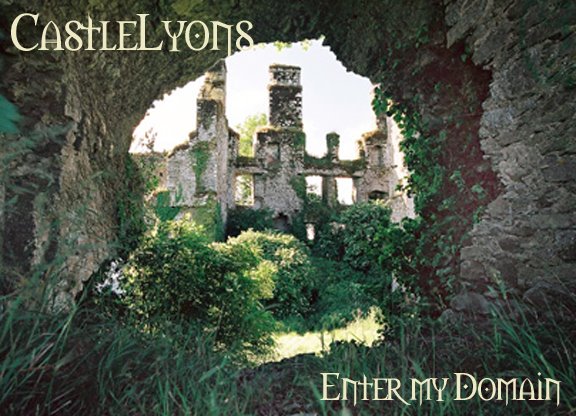
For any lover of Christian fantasy, the book Sanctifying Myth: Understanding Middle-earth (by Bradley Birzer, pub. ISI Books) ought to be required reading. Even more so, those who fail to see the value of Christian fantasy ought to be compelled to read it.
Just as in the 60s and 70s, when Tolkien’s novels reached a peak of popularity among hippies and anti-conformists, non-Christians today will claim there is no Christian story within The Lord of the Rings. To our shame, many Christians say the same.
Yet Tolkien himself, in various writings, has shed light on the Christian themes and symbolisms in his work, and these are brought out in Sanctifying Myth. According to Birzer, Tolkien believed that “to enter faerie is to open oneself to the gradual discovery of beauty, truth, and excellence.” And “the truths that can be found within faerie are greater than those that can be obtained through mere human understanding; and one finds within faerie that even the greatest works of man are as nothing compared with the majesty of creation.” (Birzer, p. xix)
Our beloved C.S. Lewis agreed, saying, “The story of Christ is simply a true myth. Pagan stories are God expressing Himself through the minds of poets, using such images as He found there.” (The Letters of C.S. Lewis to Arthur Greeves)
What is the value, then, of Christian fantasy to non-Christians? Like in the true story Peace Child, a culture’s own myths are but glimpses of heavenly truths placed by the Creator into the minds of the people, to help them recognize the True Myth when it is presented to them.
What is the value, then, of Christian fantasy to Christians? I believe it is to touch us at a level deeper than intellectual understanding. Others have described it more gracefully than I could:
“Fairy stories give us a new sense of wonder about things we have taken for granted or which have become commonplace. Fairy stories and fantasy allow one to see ‘things as we are meant to see them.’” (Birzer, p. 38)
“The romancer, who invents a whole world, is worshipping God more effectively than the mere realist.” (C.S. Lewis, quoted by Birzer, p. 39)
In fantasy, one gains a “fleeting glimpse of Joy, Joy beyond the walls of the world.” (Tolkien, On Fairy Stories)
“The ultimate fairy story, or true myth, then, is the incarnation, crucifixion, and resurrection of Christ.” (Birzer, p. 39)
“The heart of Christianity is a myth which is also a fact. The old myth of the Dying God, without ceasing to be myth, comes down from the heaven of legend and imagination to the earth of history.” (C.S. Lewis, “Myth Became Fact,” in God in the Dock: Essays on Theology and Ethics)
Remember, we battle not against flesh and blood, but we battle nonetheless. “For the monsters do not depart, whether the gods go or come. A Christian is still, like his forefathers, a mortal hemmed in a hostile world.” (Tolkien, The Monsters and the Critics)
Just as in high fantasy, we Christians shall remain at battle throughout time until our True Myth returns and slays our enemies. Our battle may not be against dragons and orcs, but it is against the “powers of this dark world and against the spiritual forces of evil in the heavenly realms” (Ephesians 6:12).
Battle on, all ye warriors of the Word.








